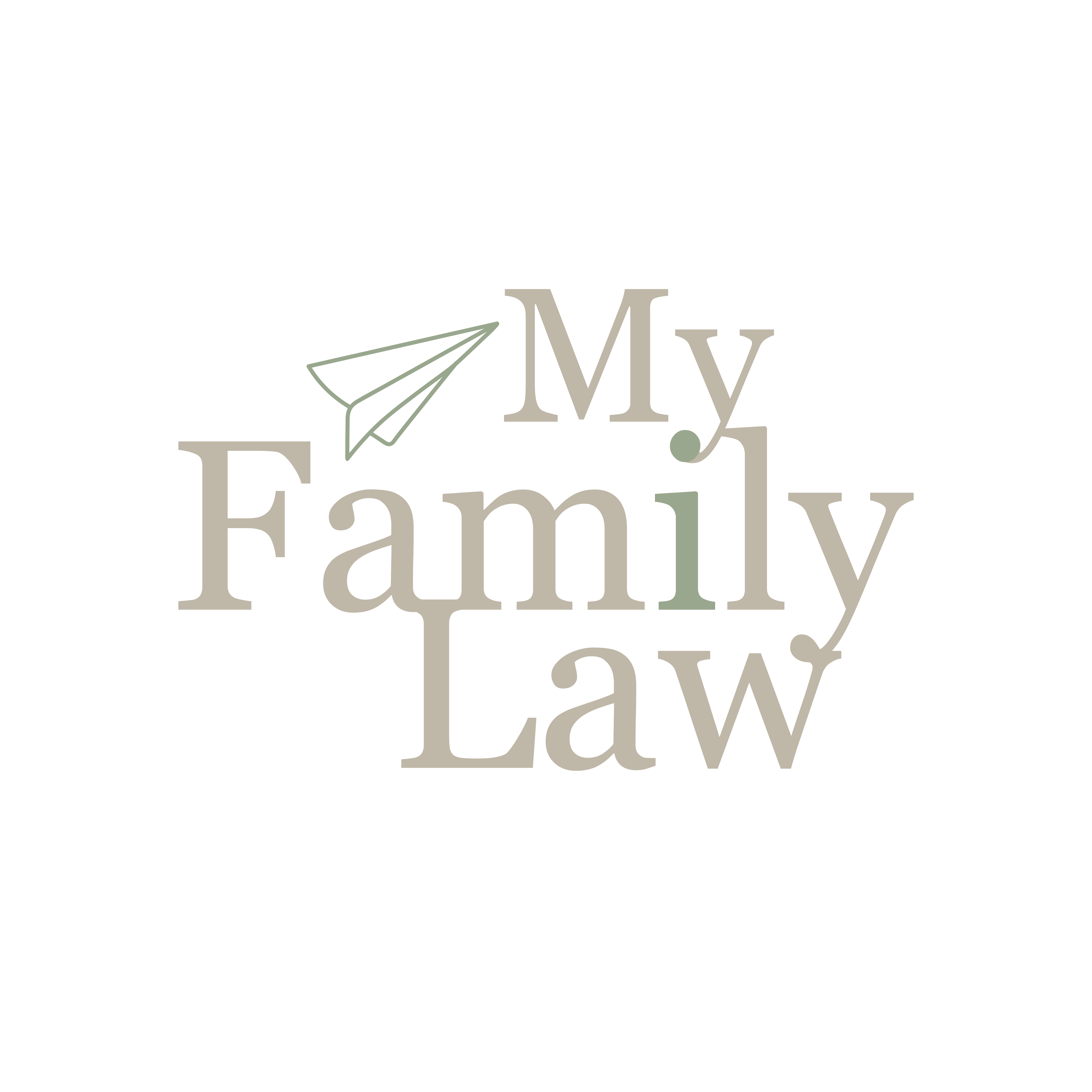A Marriage Certificate is a written or typed document that registers your marriage. Depending on where you get married you will get either a form of a Certificate. If you get married abroad, your Marriage Certificate may be in another language. Often couples who have a religious wedding will have a record of that marriage with the person conducting the wedding. In essence, your marriage to your spouse will be recorded in one form or another.
In the UK, it is illegal to marry another person, when you are already married. This is called Bigamy. When you register your marriage in the UK, the registrar will ask if you are already married and will do a search of your marriage if need be. At the Register office, there will be a notice put out of your and your spouse’s name for the public to see and to alert the office if they know you are already married. That is why having a Marriage Certificate is so important.
Is a Marriage Certificate identification?
Your Marriage Certificate is not classed as identification but can confirm your name and your marital status. If you and your spouse have different surnames (where one spouse chooses not to take the other spouse’s last name), having your Marriage Certificate when you travel can answer questions that Passport Control may have about you. This is particularly useful when there are children involved.
A Marriage Certificate is also a very handy document that can help you open a bank account, apply for your Passport and Drivers Licence, and can be used to change your personal details in the event you change your name.

Do I need my Marriage Certificate if I separate?
In the event, you have a breakdown of your relationship and you decide to end your marriage by way of a Divorce, you need your Marriage Certificate. The first question I ask when advising a Client regarding Divorce proceedings is whether they have their Marriage Certificate as you cannot get divorce without it – well not easily.
Before the introduction of the online Divorce, your Marriage Certificate would be sent to the Court where you send your application. The Court would then keep the Marriage Certificate and you would get the Decree Absolute at the end of the case to confirm that you are divorced.
Since the introduction of the new online Divorce system, the requirements have changed. This is whether you started the application pre or post-April 2022. When applying online, the Court only requires a clear photograph or scanned image of the Marriage Certificate. It has to be clear enough for the Court staff, and Judge to check through the wording and spellings are all correct with the application itself, and where there is a translated certificate, that it is sealed correctly. However, there is now no requirement to send the Marriage Certificate to the Court.
Do I need to keep my Marriage Certificate after I am divorced?
Above, I have pointed out that the Marriage Certificate can be a handy document to show your identity after marriage, but what happens once you are divorced and have both the Marriage Certificate and Final order (previously Decree Absolute)?
I have done some research into this matter and have spoken to someone at the Court (when I finally got through) and the short answer was, once you are divorced you can either keep it or destroy it yourself. It seems strange to be able to have both documents in your possession, especially if you are ending your marriage but this is the process now. Even under the previous application process, if you wanted to obtain a copy of your Marriage Certificate again, you could do so by applying online or going through the venue/Register office where you were married. So the short answer is, it is up to you and whether you wish to keep the memory of your previous Marriage or pass it down to your children. You may wish to destroy it and use it as a method of closure.
Whatever you decide, just remember that once destroyed, if you do need a copy, you will have to pay for it. If you haven’t got your Marriage Certificate, or need some help trying to get a copy, you can Contact me to help you discuss the various options you have.

